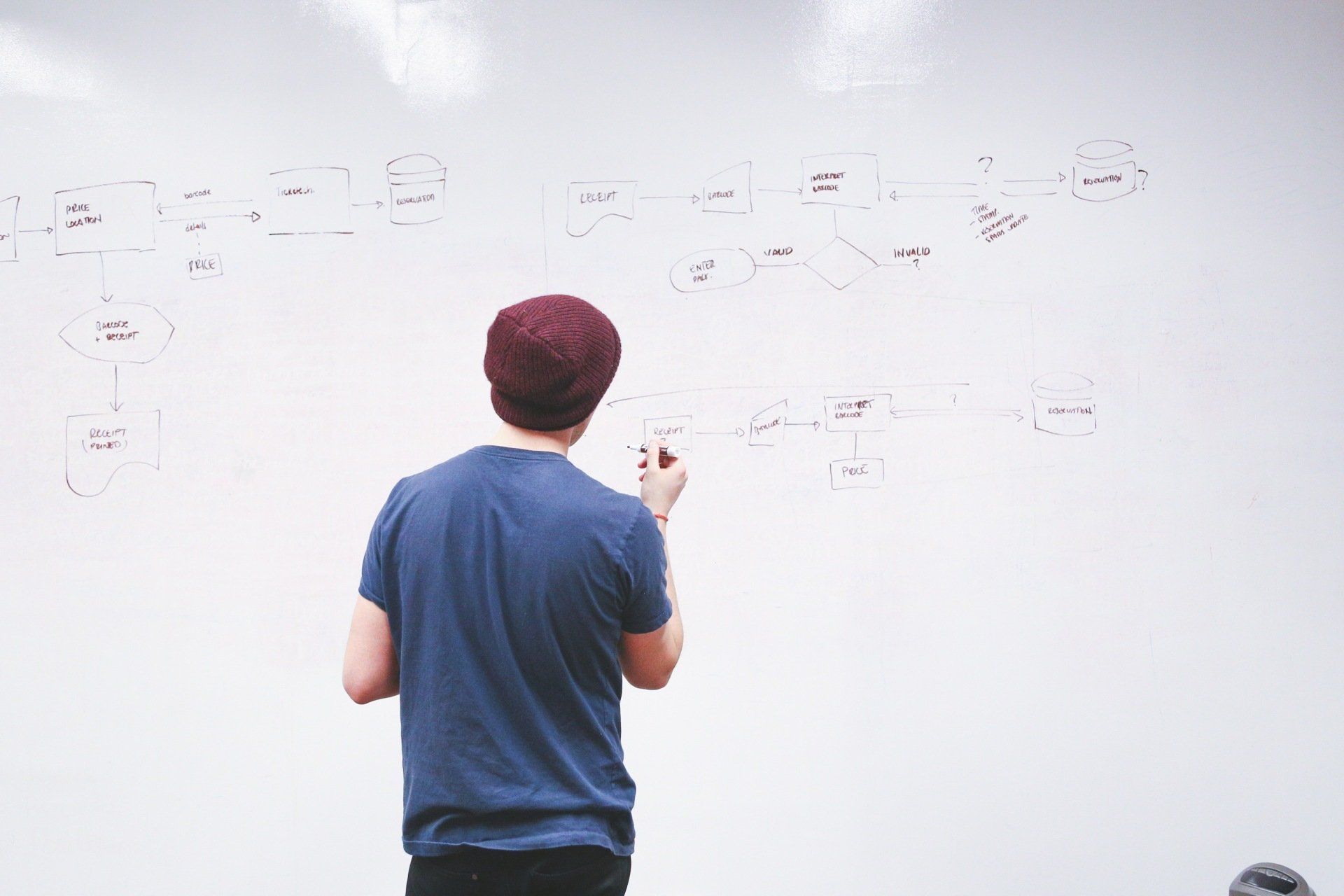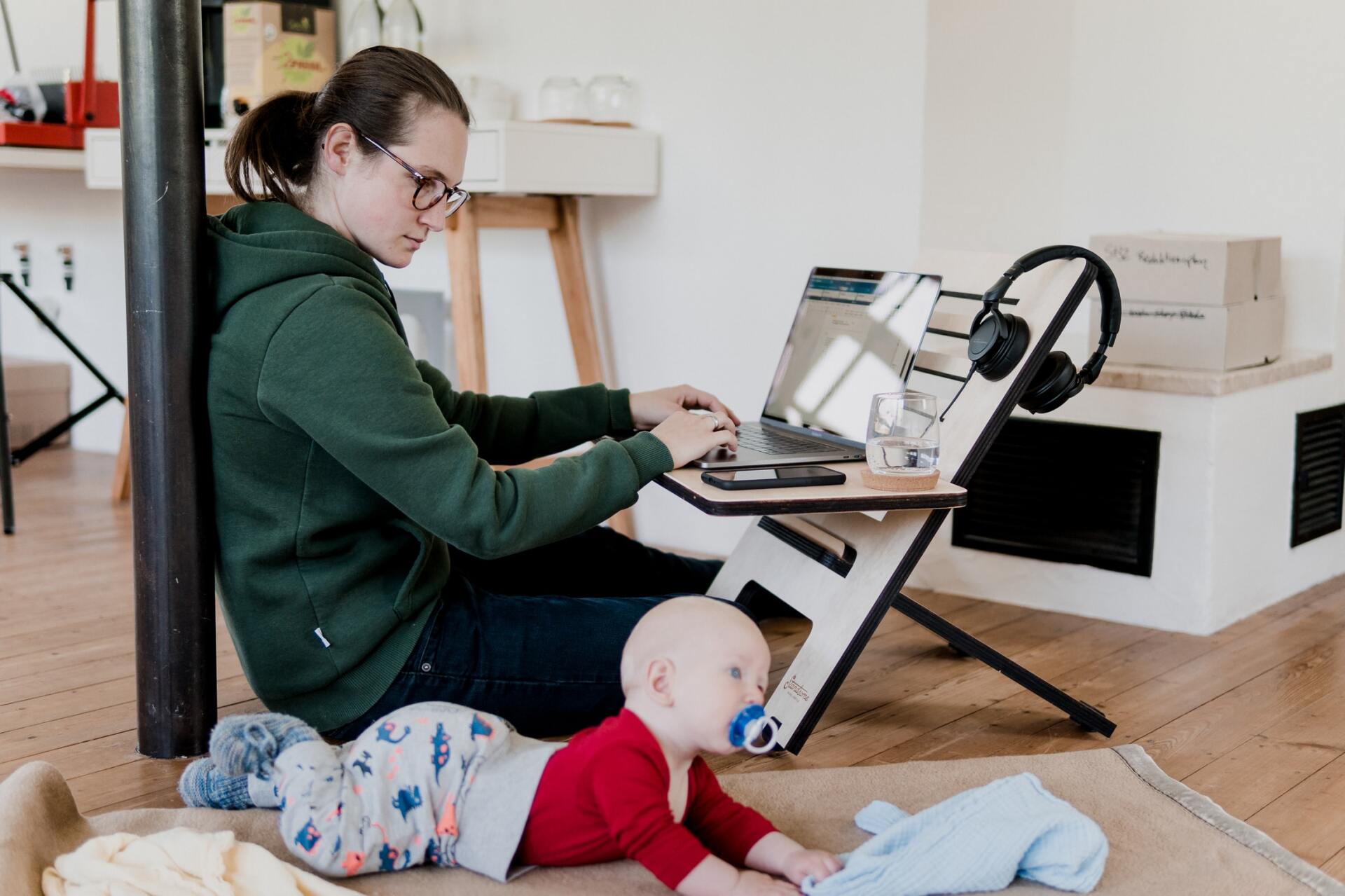Life Lessons
How To Recognize Life Lessons
This month our monthly webinar was a ‘Lessons learned….’ webinar. This led to some discussion among our team about experiences and some reflection on the entire concept of how and what we define as being a ‘lesson’.
The Cambridge dictionary defines a lesson as
a. period of time in which a person is taught about a subject or how to do something and,
b. an experience that teaches you how to behave better in a similar situation in the future.
I don’t disagree with this definition however I believe there is an opportunity to dive deeper into what defines a ‘lesson’. Every day we learn things in our job, about ourselves, about other people, the world etc. and we also have multiple experiences every day which teaches and/or impacts us. However, the majority of these learnings and experiences are not classified as ‘lessons’ in our mind.
Therefore, how do we determine what to classify as a ‘lesson’ when we are not speaking of a formal and/or intentional setting?
I found one author who recommends asking 8 questions to determine whether you were taught a lesson and another who makes a case that we don’t recognize many life lessons because we haven’t been taught to think critically and do not take the time to allow ourselves to think. William Deresiewicz makes a very good point when he states ‘Thinking means concentrating on one thing long enough to develop an idea about it’ in his Solitude and Leadership lecture.
For me, the statement that we need time to develop an idea was a lightbulb moment. Let me explain… I’m writing to you from the Greater Toronto Area and am around the mid-point of my career. Until Covid-19 caused a forced slow down it felt as though life was a massive treadmill that we needed to continually push faster which is perfectly defined in Alabama’s song ‘I’m in a hurry’. This kind of mindset and lifestyle does not allow time for quiet and slow reflection which is necessary to consider past experiences, actions, motivations, words, behaviours and how they can be improved upon when similar situations and opportunities present themselves in the future.
This leads me to conclude that time is the key to recognizing, acknowledging, learning and applying life’s lessons. However, this conclusion leads to a follow-up question of how do we gain the time to reflect without falling behind in our responsibilities and obligations?
There are hundreds of articles, books, posts, podcasts and courses which can help to deal with this question including our own Lean Six Sigma courses which provide people with a standard approach to reducing and removing wasted time when completing tasks.
However, before you dive into a time management frenzy, I would like to challenge you to begin by taking just 5 mins a day to allow your mind to wander and see where it ends up. I will hazard a guess that in the beginning the wandering will mostly go to the things you should be doing instead of letting your mind wander, but I encourage you to persevere and make this a daily habit because I can almost guarantee that you will soon start to reflect and gain valuable insights and lessons. An added benefit is that allowing your mind to wander aids in problem solving, creativity and focus thus reducing time spent on problems and giving you MORE time to let your mind wander!
In conclusion, when we allow ourselves time to reflect we learn more about ourselves and the world around us which can then help us to become better contributors in our circle of influence and stewards of our world. Additionally, by taking the time to allow our mind to wander and reflect, we end up saving time overall because our ability to problem-solve, think critically and creatively is enhanced.
We would love to hear your thoughts on this post and any of the articles referenced so please join the conversation below!
If you would like to learn more about our Lean Six Sigma courses please reach out to us at
info@ezsigmagroup.com.










